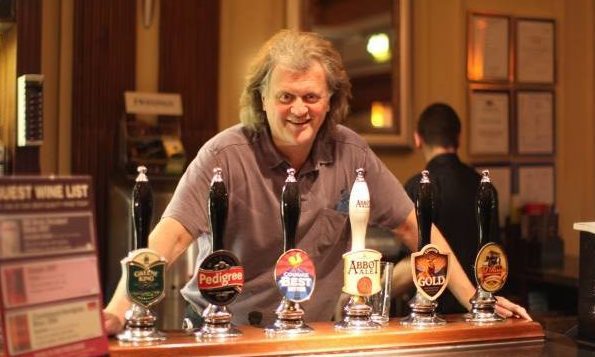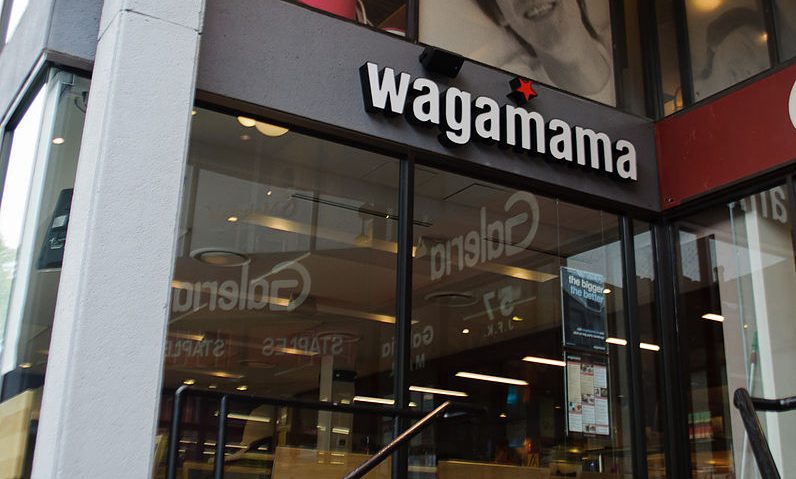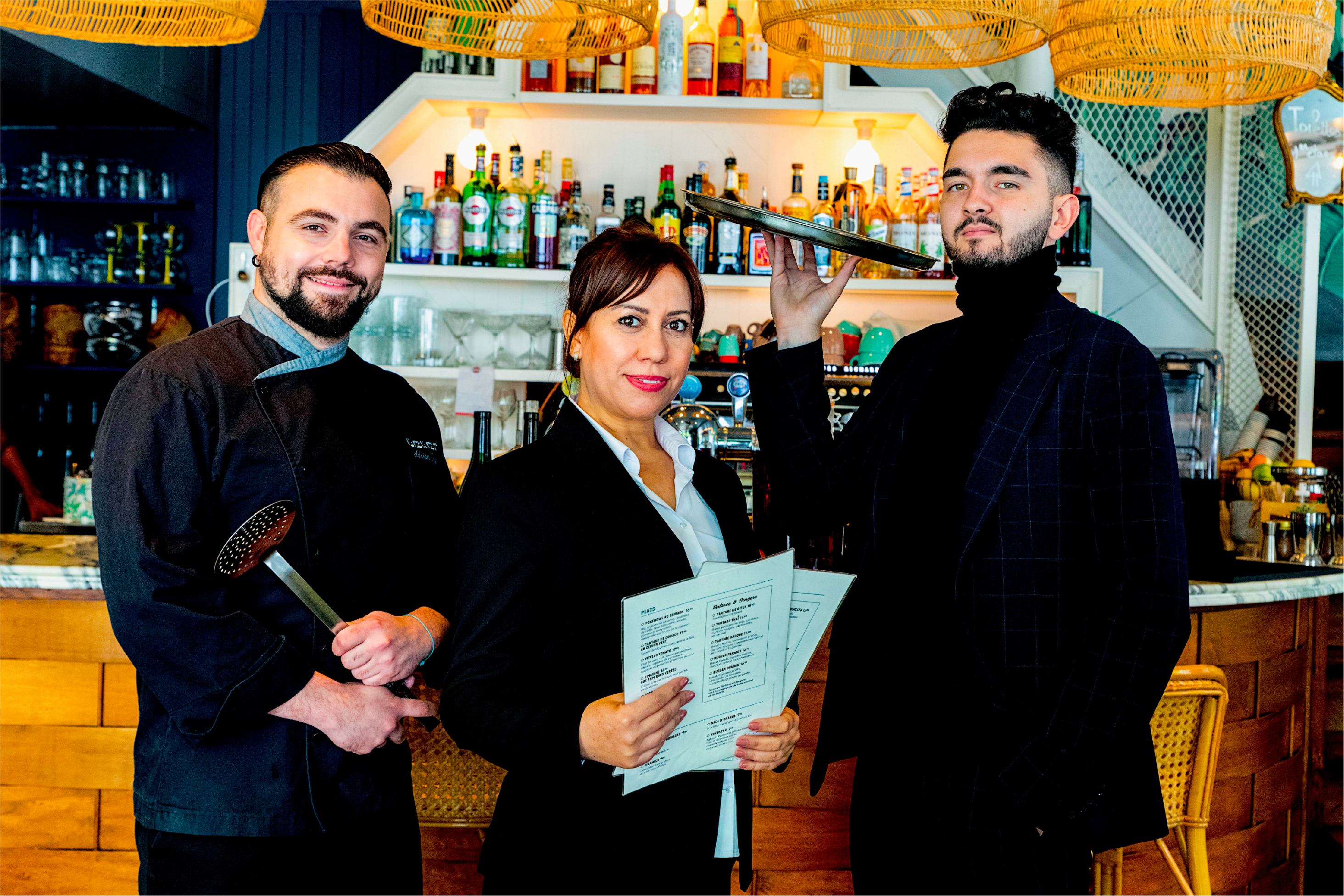Register to get 5 free articles
Reveal the article below by registering for our email newsletter.
Want unlimited access? View Plans
Already have an account? Sign in
With food and drink prices remaining stubbornly high in the UK despite recent Office for National Statistics figures showing a slowdown in inflation, it has never been more important to manage and reduce waste. Yet, according to the United Nations, roughly 17% of all food produced in the world for human consumption is wasted every year. This amounts to a staggering 1.3 billion tonnes globally.
In the UK, it is estimated that about 18% of annual food waste is created by the hospitality and food service industry, with one out of every six meals being wasted. So, what can the hospitality and catering industry do to play its part in reducing food waste? And how can automation technology aid those efforts?
Back in 2020 when the pandemic first took hold, many hospitality venues were surprisingly quick to adapt. The industry had historically dragged its feet when it came to advances in technology, partly because of a misconception that it was costly and tricky to implement, but also because status quo bias inhibited rapid adoption and adaptation. That was until Covid-19 took away the option not to innovate.
Fast-forward to present day, and the industry’s mindset has somewhat shifted. There is more readiness to embrace state-of-the-art technology across the board. Recent advancements in AI means restaurant operators can accurately size recipes and automate menu item rotation, while AI algorithms can produce predictive analytics that assist in optimising food inventory management. Automation technology overall is helping countless hospitality and catering venues run leaner operations, mainly by cutting capital and operational expenses by up to 50%.
With advancements in AI and automation comes the opportunity to fully digitise. For hospitality and catering businesses, this tech can offer key insight and quick-access data that helps them make better, more informed decisions. This includes what products to sell, to what clientele, and at what time to point to just a few. By tracking orders and managing produce, venues can plan resources and product supply more effectively, reducing waste and saving costs. Ultimately, this leads to greater sustainability, both environmentally and economically.
Automation has a crucial part to play in creating a more sustainable, efficient hospitality ecosystem. This spans from helping businesses overcome everyday challenges such as queue management and staffing shortages, to providing modern tools to manage inventory and in turn, reduce food wastage.
Despite the many benefits it brings, however, there is a belief that automation will replace jobs. This is not the case. Utilised properly, automation software can take care of time-consuming, mundane, and administrative tasks, freeing up time for workers to focus on additional value-add jobs and thereby providing a better customer experience. If you look at it this way, technology is making jobs in the hospitality and catering industry easier and more efficient. It would be more accurate to say that AI and automation technology is opening the door to new innovations and capabilities, rather than eliminating the sector.
Finally, it’s imperative that the industry recognise that consumers now expect AI and automation technology. As these technologies become more advanced, the possibilities are endless, and hospitality and catering facilities that fail to keep up with the times risk losing out to the competition. But, perhaps most importantly, at a time when over 14 million British people are struggling to buy their next meal, we’ll be ensuring less food production ends up in the bin.



















